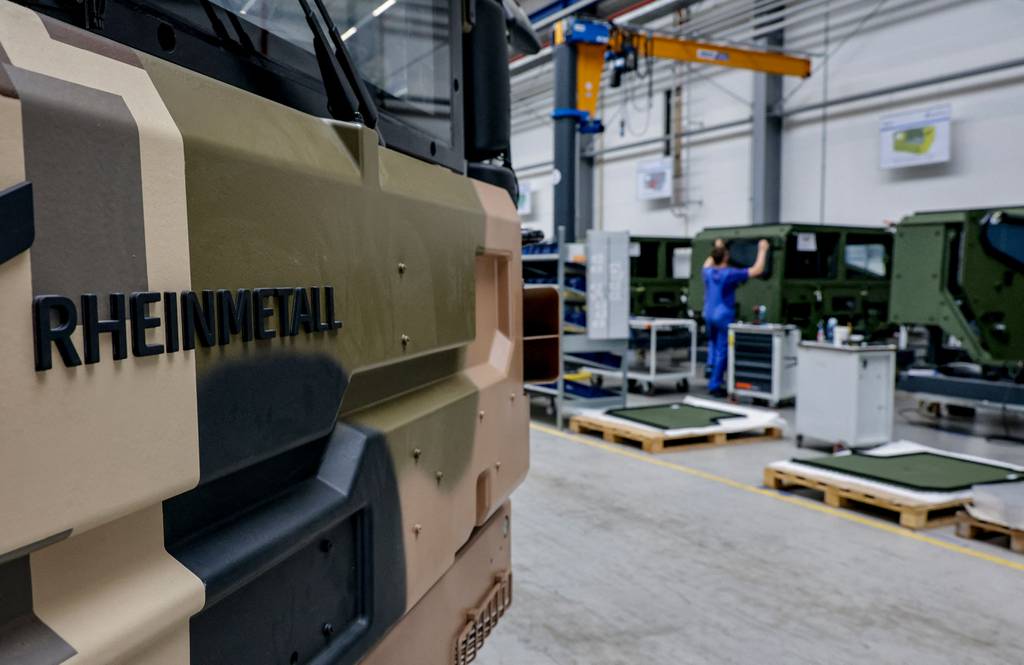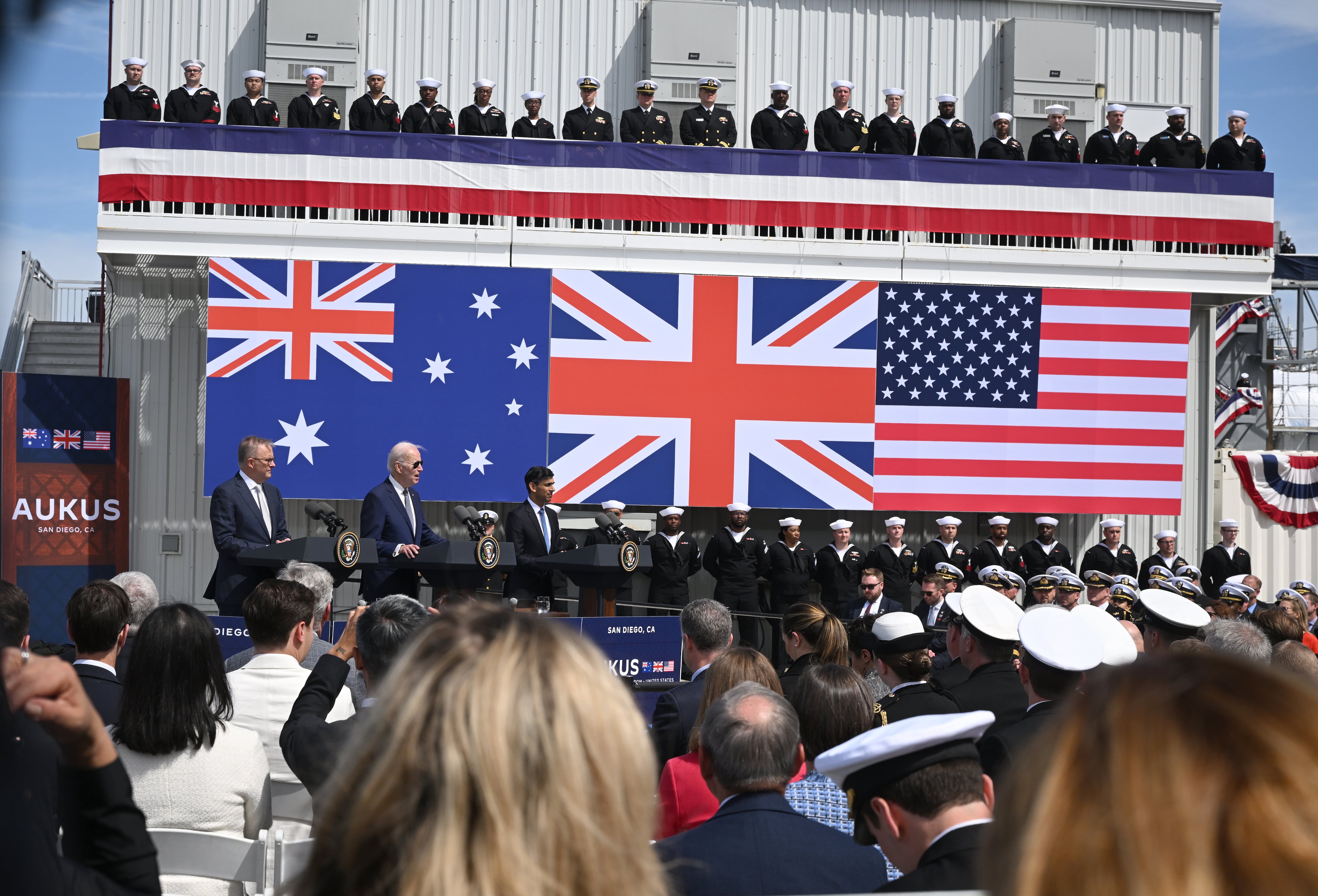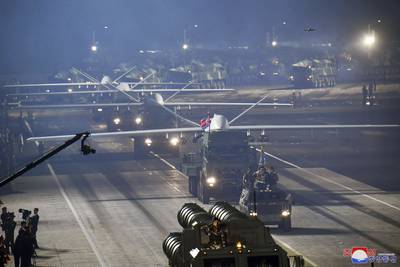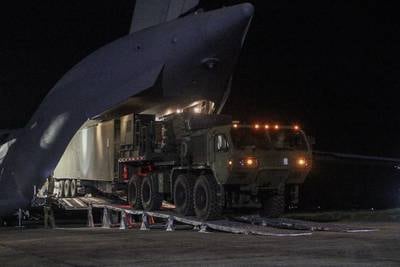COLOGNE, Germany — The Austrian government tapped Germany’s Rheinmetall to modernize the country’s close-in air defenses in a agreement worth €532 million ($570 million).
The scope of the four-year project entails bringing the armed forces’ 28 twin guns of the Rheinmetall Skyguard product range, grouped into seven tactical units, to a “Next Generation” standard, according to a vendor statement. Improvements are slated to include greater sensor accuracy in capturing targets such as drones, missiles and low-flying aircraft, thanks to a new command-and-control system dubbed Skymaster.
Once detected, threats as far aways as four kilometers, or two-and-a-half miles, can be pulverized with a 35mm gun shooting at a rate of 1,000 rounds per minute, according to the Rheinmetall.
The deal complements recent Austrian pledges to buy upgraded military equipment. In the air-defense domain, Vienna is eying the U.S.-made Patriot and Israeli Arrow-3 systems for the long-range segment, and the German IRIS-T system for the medium- and short-range segments.
Combined with the close-range Skynet guns, which target threats that made it through the outer layers of an air-defense shield, the envisioned Austrian setup is typical for the types of capabilities on which European nations are spending their defense money these days.
Spooked by Russian attacks on population centers in Ukraine with drones and missiles, governments here have banded together under the European Sky Shield Initiative, led by Germany. The project aims to link national assets into one giant shield for all of Europe.
Rheinmetall is using its new business in Austria, to be managed by the company’s Zurich plant, to trumpet its cannon-based solutions as the last line of defense against threats about to make impact.
Company officials cited the gun-based German Gepard air-defense tanks, which reportedly notched vital intercepts in Ukrainian soldiers’ hands, as proof that the technology remains relevant.
That is in comparison with guided interceptor missiles, which cost more, and lasers, which still need development.
Sebastian Sprenger is associate editor for Europe at Defense News, reporting on the state of the defense market in the region, and on U.S.-Europe cooperation and multi-national investments in defense and global security. Previously he served as managing editor for Defense News. He is based in Cologne, Germany.








